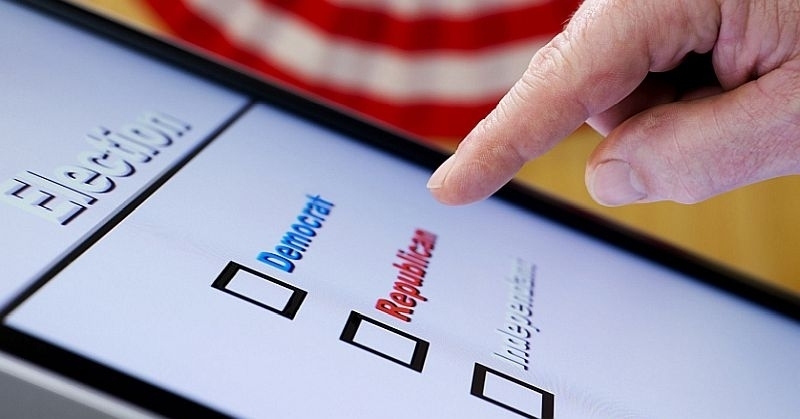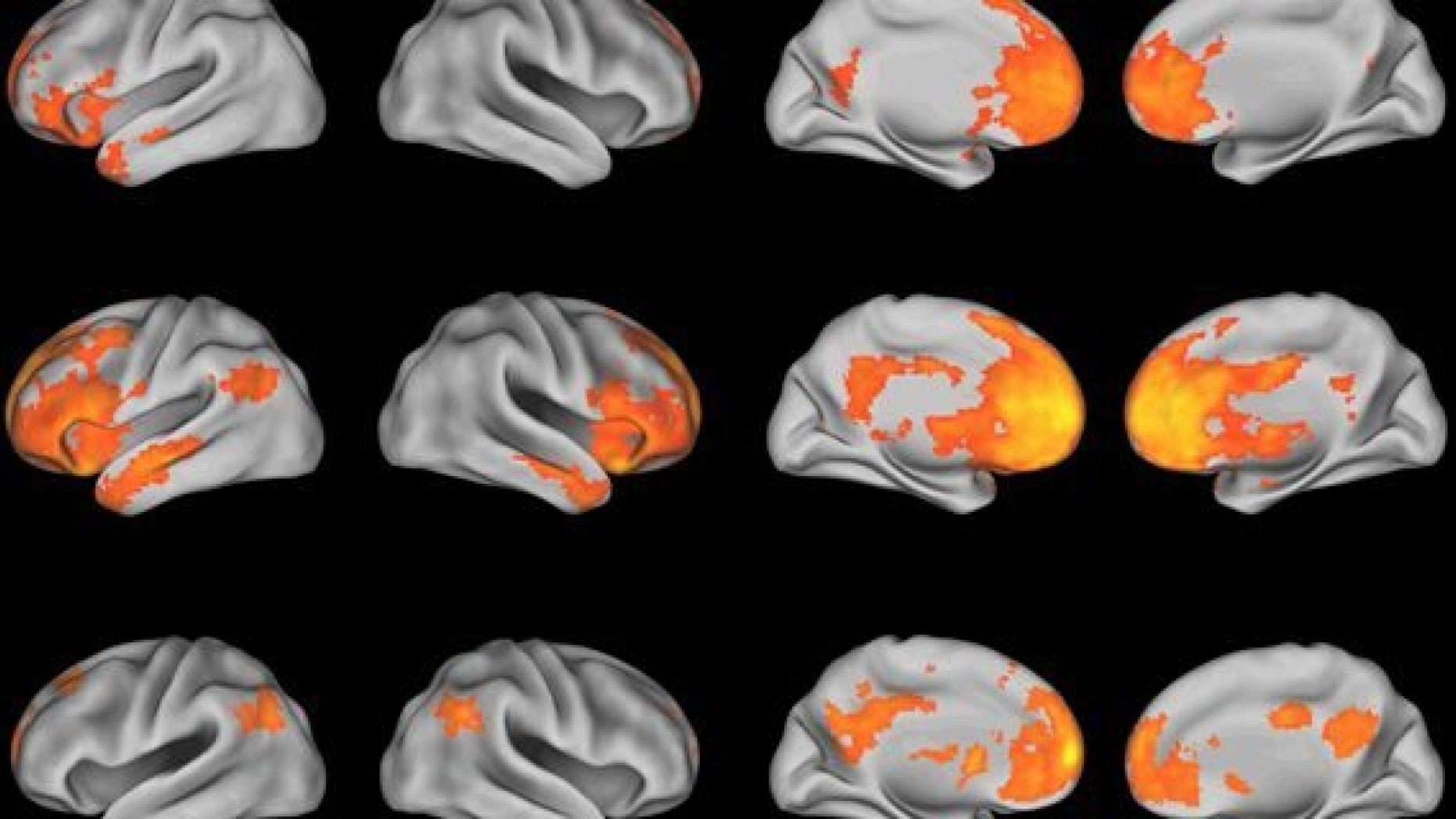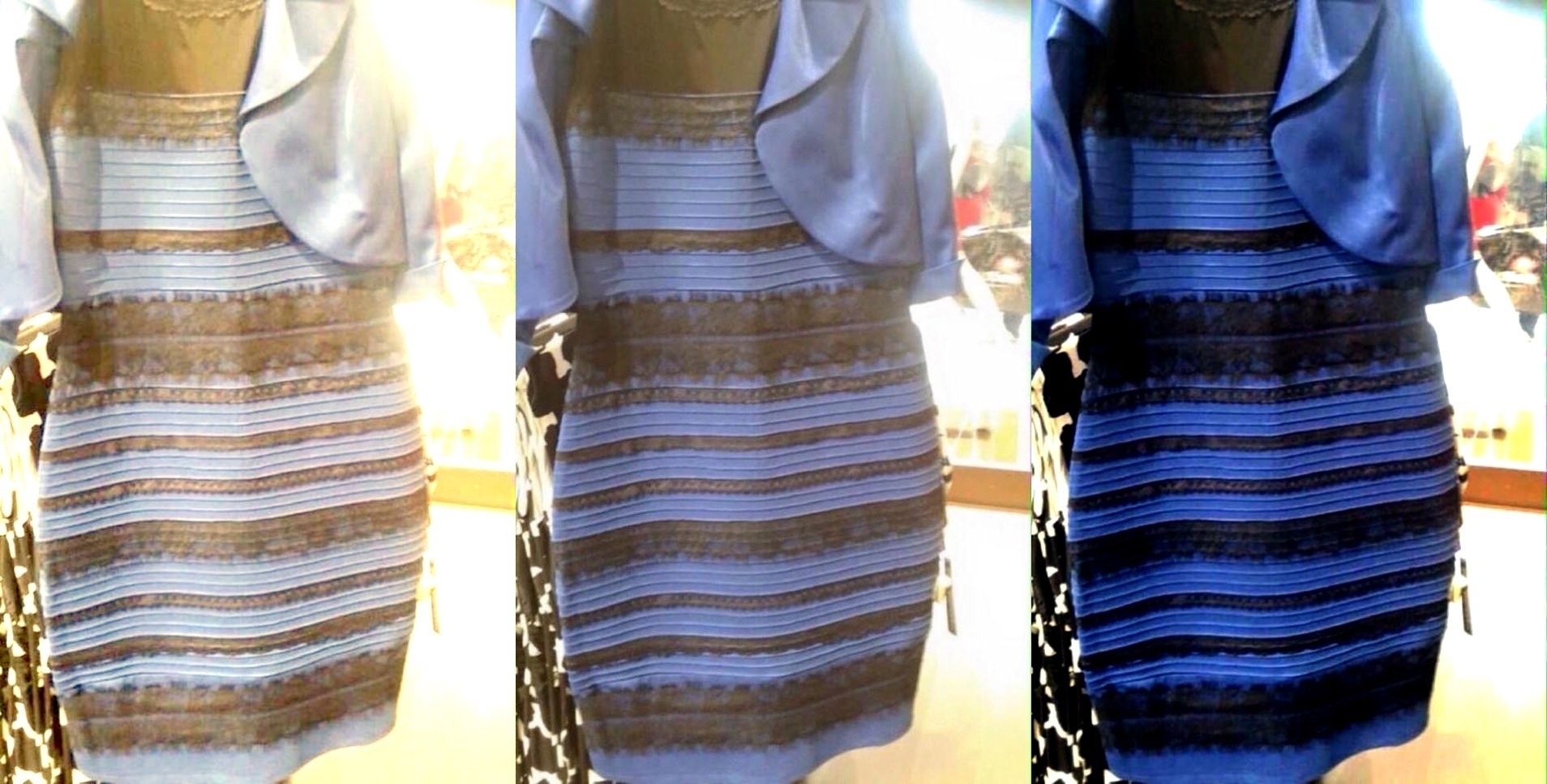Left-Wing vs. Right-Wing Political Views in Our Genes
Article at a glance
- Genetic factors predispose 30-60% of our political preferences.
- Conservatives and liberals have different temperaments and preferences and see the world differently: The same information triggers a sense of threat in one group people and empathy in the other.
- Both groups can be encouraged to care for important social issues, as long as these issues are framed in the right way.

As you can probably guess... it's not. New research exploring the differences between how the brains and minds of left-wing versus right-wing supporters work sheds light on the hidden factors that influence our political preferences.
As is often the case, most of this research was carried out in the US, with study participants identifying as either Democrats or Republicans. It is, therefore, possible that not all of the conclusions we'll talk about here also hold for the socio-political situation in Europe and other countries. However, there are so no reasons to assume these conclusions cannot be translated to you and your country, so... keep on reading!
Genetic factors predispose 30-60% of our political preferences
In 2014, Peter Hatemi and his team conducted a survey on 12 000 pairs of identical twins. The results of their analysis confirmed what researchers have been suspecting for 40 years: Genetic factors predispose 30-60% of our political preferences. The data used in this study come from the USA, Australia and Sweden and cultural differences were shown not to affect the result. We can therefore conclude that our genes explain almost half of the reasons why we identify as Liberals or Conservatives.
There are major psychological differences between liberals and conservatives
Liberals and Conservatives don't just have different political views. As research by John Hibbing, an American political scientist, shows, people from these two groups have different temperaments and preferences.
- Openness to experience: Conservatives prefer things that are familiar and predictable. Liberals are more eager to experiment.
- Home items: Conservatives have more things, such as sports trophies and items that helpful in organizing and managing lives, e.g. calendars or containers for storing clothes. Liberals have more experiential items, such as CDs and books.
- Office: Conservatives' offices are more orderly and here is more light in their rooms, compared to Liberals.
- Group loyalty: It is easier to bribe Conservatives to harm animals (Note: Easier doesn't mean easy). Liberals are more inclined to betray their group and to disrespect authority.
There's more.
- Favorite food: Conservatives prefer straightforward food such as meat and potatoes. Liberals prefer ethnic food.
- Poetry: Conservatives believe that a real poem needs to rhyme. Liberals appreciate blank verse.
- Literature: Conservatives prefer novels with definite, clear endings. Liberals like it when a novel ends ambiguously or when there is not a single, obvious conclusion.
- Music: Conservatives prefer music that is based on repeated melody. Liberals are more inclined to accept pieces that don't stick to a single, familiar melody.
- Dogs: Both conservatives and liberals like dogs. Conservatives, however, prefer purebreds, while liberals prefer mutts. Conservatives also treat their dogs differently to liberals. For the average liberal, a dog is like a family member, while for a typical conservative a dog is... well, just a dog.
As it turns out, Conservatives and Liberals differ in how they perceive risk and danger.

The participants were connected to a device measuring electrodermal activity while looking at the pictures — a common way of measuring physiological stimulation. The study showed that all participants reacted emotionally to the images but it was Conservatives reacted more to the negative ones, while Liberals reacted more to the positive ones.
Another study showed that brains of Liberals looking at photos of people with mutilations were much more active in the area of the somatosensory cortex — an area of the brain responsible for experiencing physical pain and compassion.
Conservatives and Liberals see the world differently
Remember the fierce discussion around “the dress”? Was it white and gold or black and blue? Then there was the controversy around the image of Albert Einstein... Or was it Marilyn Monroe? And did the machine say “Laurel” or “Yanny”?


According to Hibbing, one of the things Conservatives most commonly complain about is Liberals not understanding how dangerous the world is. And indeed, as his research indicates, they don't understand it. They don't understand it not because they are uneducated or arrogant but because they see the world differently. While both groups may be seeing refugees on television, some will feel empathy and others will feel fear.
As Hibbing's research showed, in situations of risk, brains of Liberals show an increased activity in the left insula — a brain region responsible for processing emotions, social and self-awareness. In the same situation, brains of Conservatives show activity in the amygdala – a brain region responsible for the fight or flight response. These results show that while, in theory, we may be looking the same thing, in practice we see something completely different and our brains react differently to the same input. And it's our genetic predisposition that significantly impacts what we really do see.
These differences were strong and significant enough that, on the basis of brain scans alone, researchers were able to determine with an 83% probability what the political views of a given person were. By comparison, our parents' political views allow for a prediciton with an only 70% probability.
Why is this all worth knowing?
First of all, since you're still reading this, hopefully you find it as fascinating as I do. More importantly, however, this knowledge can lead to greater tolerance. We know from other contexts (e.g. homosexuality and homophobia) that when people learn that a certain trait is genetically determined they become more tolerant. Perhaps, then, if more people accept the fact that political views are genetically predisposed, we can all become more tolerant towards each other.
The impact of message framing on concern with social issues
To end this story, I want to mention one more study that shows just how important proper message framing is. As you might have noticed on social media, Conservatives seem to be much less concerned with the problem of global warming than Liberals. Yet, as research shows, these preferences can be influenced through the use of message framing.
In one study, Conservatives who were told that global warming was a threat to the “American way of life” and that pro-environmental behaviors were a manifestation of patriotism — an important value for this group — were more inclined to sign petitions concerning oil spills and the protection of the Arctic National Wildlife Refuge, compared tho Conservatives who saw a conventional message that talked about the consequences of human activity on the natural environment and wildlife.
These results show that it is possible to encourage diverse groups of people to get invovled in meaningful initiatives, even if these initiatives are seemingly unimportant to some. Let's all use this approach in our everday communication to look for common grounds with those we might not be naturally getting along with, and to encourage those who may not be currently paying enough attention to the issues are that truly important to the well-being of our socieites these days.





